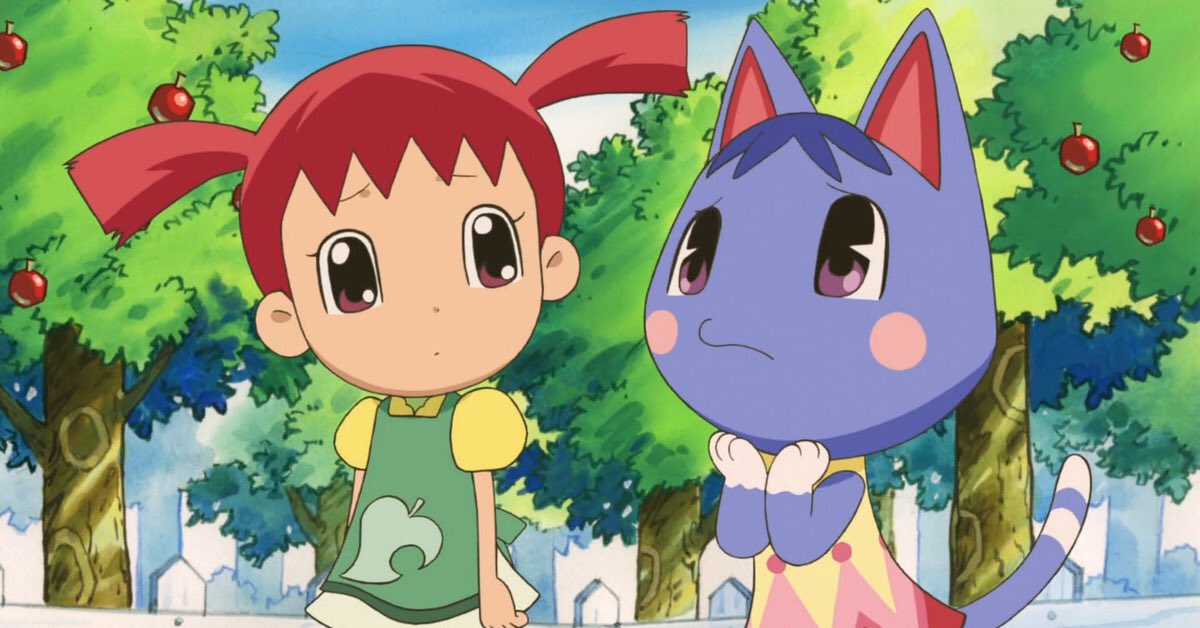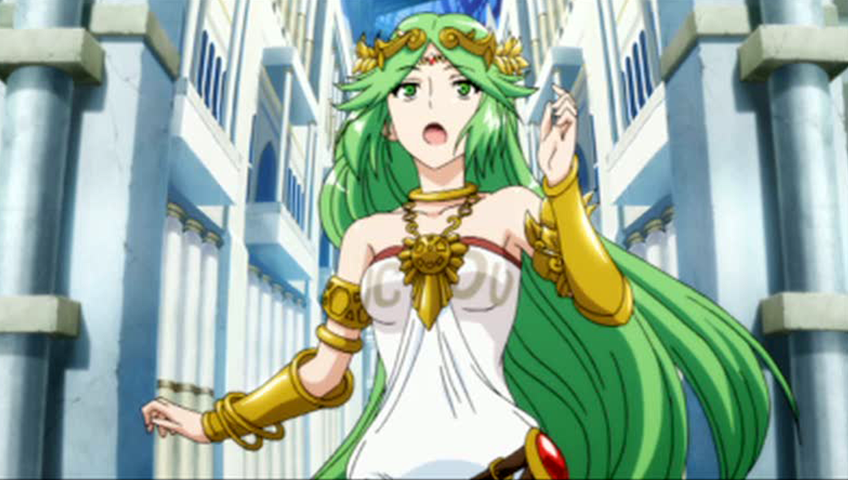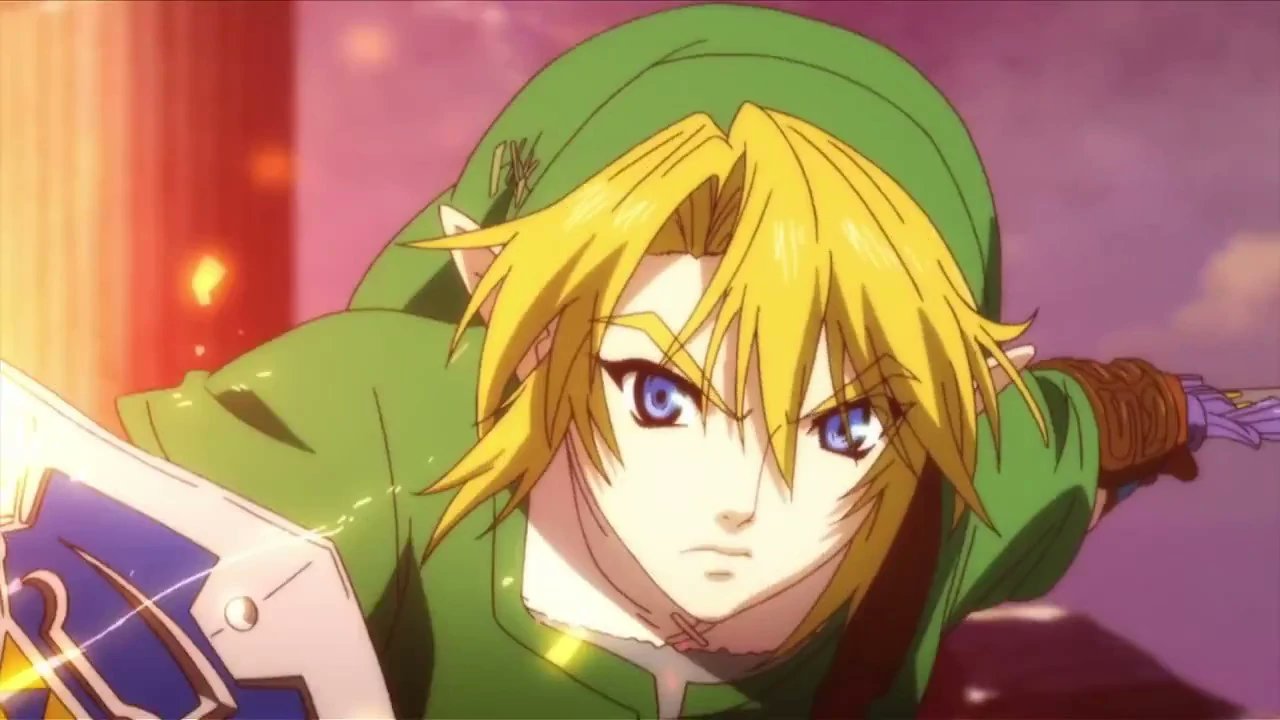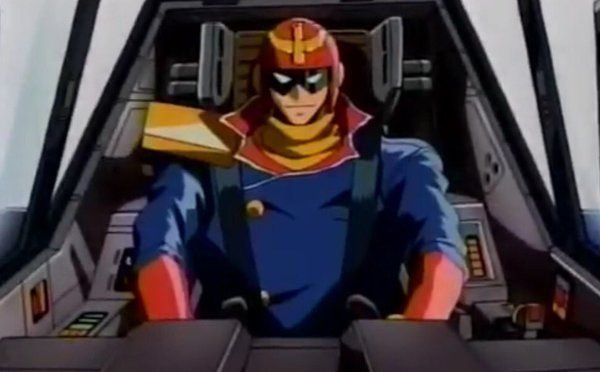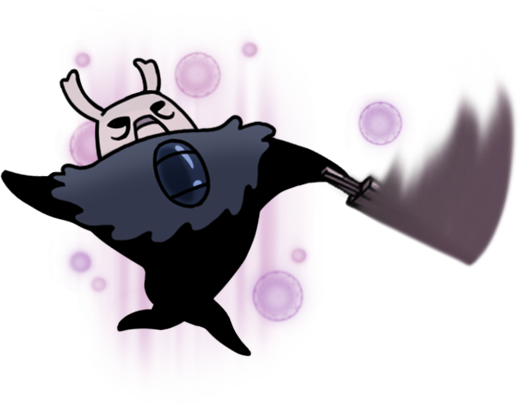Maybe it's because it's midnight but I don't see how changing something potentially offensive 'defeats the purpose'. Like, you don't see people upset at Great Ace Attorney Chronicles because they changed the literal racial slur used in fan translations to Nipponese, if something as standard as that ruins the entire localization people have been begging for about 15 years, then does that apply to how Kumatora wouldn't yell "Damn" anymore in one scene or change a few names? Besides, I thought copyrighted music was Mother 3's biggest issue
The discussion to remove the racial slurs from the Great Ace Attorney's official localization is actually a great example of how removing potentially offensive elements from a work in localization can actively
harm the script and the user experience.
I think a lot of people assume that the GAA fan translation used slurs in the same way most translations do: as an uncreative shorthand to display that a character speaks in a vulgar manner. However, GAA was actually quite tasteful in its use of these words. They appear very rarely (IIRC, less than 20 times in the entire game), are used exclusively by antagonistic forces, and are strategically placed in key scenes for the purposes of enhancing characterization and world-building. The fact that these characters are willing to call Naruhodo, Mikotoba, and Asogi such horrific things solely on the basis of their race conveys a significant element of their personalities, beliefs, and values in a single word of dialogue. Likewise, it helps truly frame the situation that the characters are in. Naruhodo's not just practicing law in a foreign country with different norms and rules to Japan, he's practicing law in an extremely stratified society that automatically places him on the outside for his immutable characteristics. Could this language hurt the player emotionally by reminding them of similar situations where they were discriminated against? Absolutely, and I'm incredibly sorry for anyone who has had to endure that kind of treatment. However, the fact that the player can genuinely relate to the plight of Naruhodo demonstrates that the writers are creating a believable conflict that truly has the player emotionally invested. The way the fan translation uses slurs ultimately benefits the characters, setting, themes, and conflict of the work.
Replace these slurs with words that don't carry the same prejudice and emotional weight, then you lose a lot of these benefits. The antagonists don't seem as racist and, thusly, immoral as in the original text or fan translation, making the player less invested in opposing these characters and achieving justice. Victorian England doesn't feel quite as stratified and inaccessible, giving the player a mudder idea of what the world that the characters occupy is actually like. The player doesn't feel hurt to the same degree as the characters in these scenes, which disconnects them from the overall narrative and makes Naruhodo and the like feel far less real than they otherwise would. Additionally, players are forced to contend with the paradox that the GAA's antagonists are simultaneously both overt white supremacists that view the Japanese as inferior and undeserving of equitable treatment and tolerant enough to purposely avoid language that might offend the Japanese characters. It's something that can only be reconciled if the player is willing to take a step back and realize that the GAA is a video game published by a company trying to avoid controversy, which actively breaks the player's emersion.
In terms of potential localization choices making an official Mother 3 release irrelevant, I think it's worth noting that Mother 3 is an artsy, auteur-driven game. As Tim Rogers said, Mother 3 is probably the game that has come closest to reaching the kind of storytelling found in classic literature. When people pick up Mother 3, they want to be playing the closest thing possible to Itoi's original vision and the Japanese script. Thus, if NoA and the Treehouse were to change any elements, it would actively subvert the primary reason that many are choosing to play Mother 3 regardless of whether or not it could be argued that the change is superior. Additionally, like it or not, this official release is going to be competing with Clyde Mandalin's fan translation. And if that fan translation provides an experience closer to what Itoi originally intended, why would you ever pick the official release beyond wanting to support the original development team or the greater accessibly of downloading a Switch game vs. locating, patching, and emulating a Japanese rom? Even then, the second competitive advantage becomes less and less effective as GBA emulation becomes increasingly streamlined and popular over time (Plus, most people who really know Mother 3 and its legacy are likely old and tech-savvy enough to know how to get the fan translation running). Ultimately, if Nintendo cannot or is unwilling to offer a better way to authentically experience Mother 3 than a 13-year old fan translation, then I'm honestly not sure what the point of a Nintendo-sanctioned Mother 3 translation is. That's why I see changing Mother 3 as defeating the purpose of bringing it to the West in the first place.
In terms of Mother 3's soundtrack, while it does reference popular Western music at multiple points (The first few notes of Mr. Batty's battle theme are really just the same as the 1960s Batman theme), Earthbound is the game that fans thought the soundtrack would be problematic for. Earthbound is far less subtle than Mother 3 in its musical references and it got by fine, so I don't think music is the issue. Plus, while a lawsuit between Nintendo and a bunch of music producers would technically be "controversial", Imran's comments really read to me like Nintendo's fear of public backlash was what stopped the project. Legal battles regarding what is and is not original music don't catch eyes and produce a strong, divided emotional reaction. Accusations of transphobic character designs and interactions or censorship of the most requested Western release for any game ever (depending on how Nintendo responds to the controversial elements) do.
TL;DR: Offensive elements can and should be kept in localization if they are done tastefully and genuinely add to the work, changing Mother 3 largely defeats the purpose of an official localization when it would lead to a competing alternative better meeting the expectations of consumers, and Earthbound's re-releases + Imran's comments suggest that the soundtrack isn't what's holding Mother 3 back.
Sorry for the small essay, but these are obviously sensitive issues and I thusly wanted to be as nuanced and open with my thoughts as possible when dealing with them.

